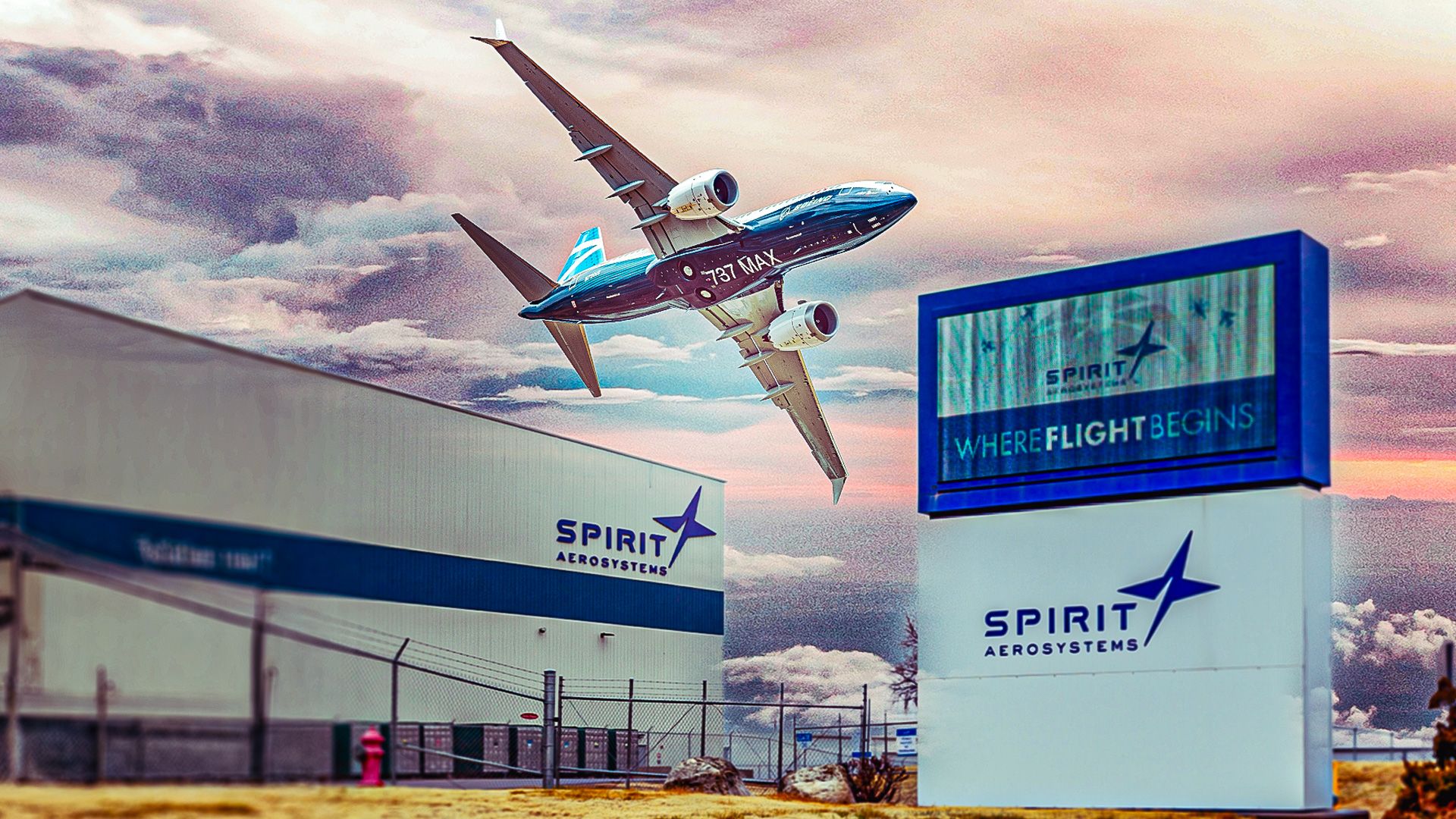Boeing (NYSE: BA) has announced its intention to reacquire Spirit AeroSystems in an all-stock transaction valued at approximately $4.7 billion. This strategic move aims to enhance Boeing’s control over its supply chain, particularly concerning the production of critical components for the Boeing 737 and Boeing 787 aircraft. Shareholders of Spirit AeroSystems will receive Boeing stock as part of the deal, with no cash involved in the transaction.
In a related development, European aerospace leader Airbus will take over certain divisions of Spirit AeroSystems that manufacture parts specifically for Airbus aircraft. This arrangement includes compensation from Spirit to Airbus, ensuring that each original equipment manufacturer (OEM) retains control over its essential aerostructures. Regulatory bodies have begun to approve the acquisition, with the European Union having given its consent, contingent on Spirit’s continued divestment of Airbus-related operations. U.S. regulatory approvals are still pending, but the companies are optimistic about finalizing the deal by March 2025.
Understanding the Companies: Boeing and Spirit AeroSystems
Boeing, headquartered in the United States, is a prominent aerospace corporation engaged in designing and manufacturing commercial jets, military aircraft, and space systems. The company operates through three primary divisions: Boeing Commercial Airplanes, Boeing Defense, Space & Security, and Boeing Global Services. Each segment plays a vital role in Boeing’s overall profitability, relying heavily on production rates, supplier performance, and timely certification processes.
Spirit AeroSystems, based in Wichita, Kansas, is one of the largest independent manufacturers of aerostructures globally. Founded from Boeing’s Wichita division in 2005, Spirit specializes in building the structural components of aircraft before final assembly. The company has expanded internationally, acquiring Bombardier’s aerostructures division in 2020, which included facilities producing components for Airbus models. Spirit primarily serves Boeing and Airbus, tying its financial success closely to the performance of these major clients.
Details of the Acquisition and Its Implications
The deal will enable Boeing to reclaim direct oversight of its aerostructures manufacturing, particularly essential for the Boeing 737 and 787 models. As part of the transaction, Boeing will assume Spirit’s existing debt, raising the total enterprise value beyond the headline equity valuation. Concurrently, Airbus will absorb Spirit’s manufacturing sites that produce components for its aircraft models, including the A220 and A320 families. This strategic division aims to reduce inter-OEM complications while enhancing operational efficiency for both manufacturers.
This acquisition represents a significant opportunity for Boeing to streamline its production processes and mitigate challenges that have historically hindered its operational efficiency. The integration of Spirit’s factories, tooling, and workforce back into Boeing’s production system is expected to enhance delivery stability and reduce quality issues that have plagued the supply chain.
Financially, Boeing anticipates that increased vertical integration will lead to lower unit costs and fewer rework expenses, ultimately improving long-term profitability. The company is poised to benefit from enhanced purchasing leverage, allowing it to coordinate sub-tier suppliers and materials more effectively.
Regulatory scrutiny and customary closing conditions remain, but Boeing is focused on a successful integration process that aims to stabilize the output of the Boeing 737 while addressing risks associated with its widebody aircraft programs. The anticipated timeline for closing the deal suggests a multiyear integration process, with Boeing planning to rationalize contracts and invest in production capabilities.
Ultimately, this acquisition provides Boeing with a crucial opportunity to regain control over a key supplier and enhance its operational reliability. With the air travel industry poised for recovery, both customers and shareholders are likely to welcome the return of Spirit AeroSystems under Boeing’s management.
